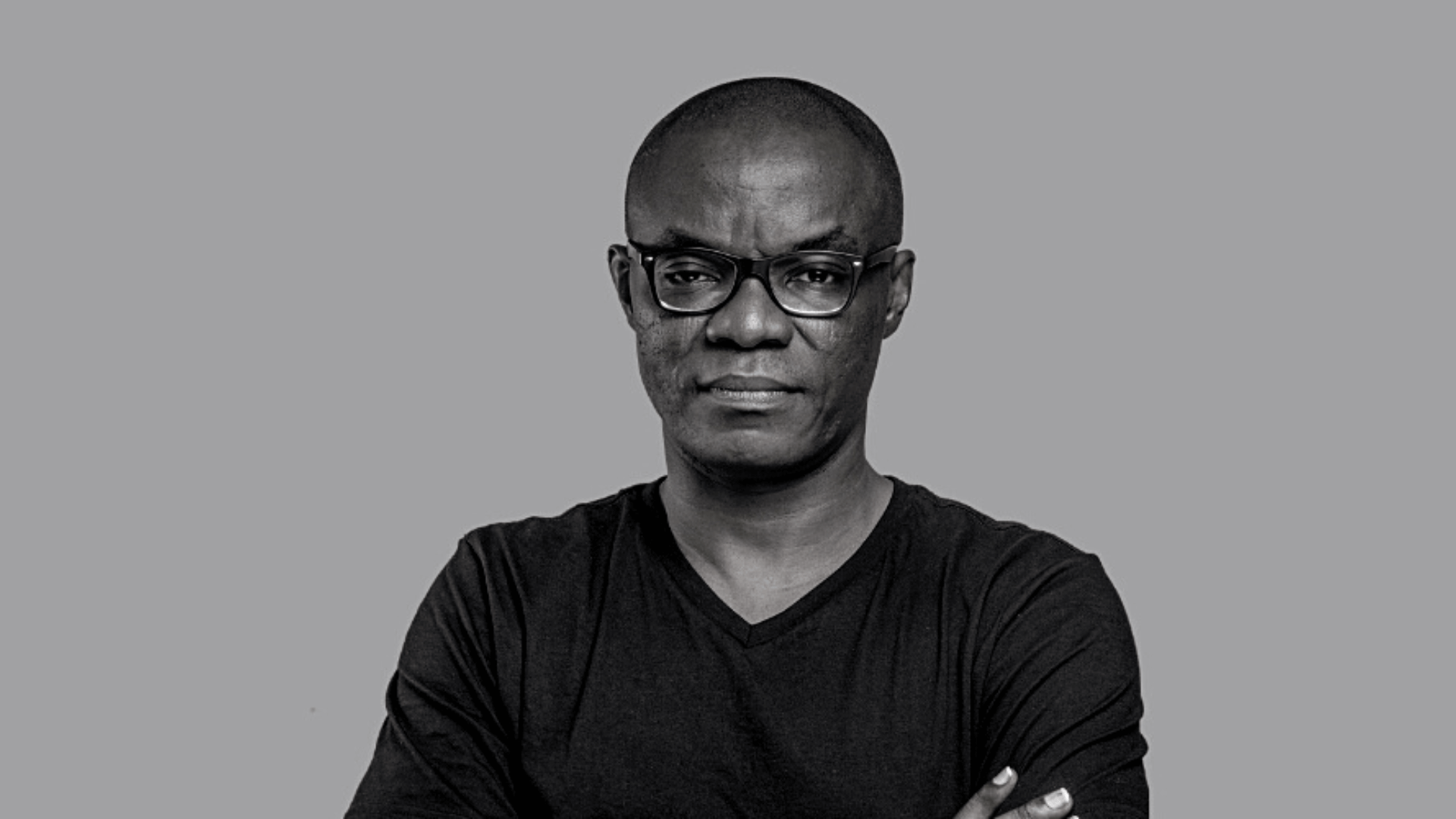This week, TechCabal reported that Olumide D.O. Olusanya, the Kloud Commerce founder, was arrested on Monday by Nigeria’s anti-graft body, the Economic and Financial Crimes Commission (EFCC). The arrest was effected at the Lekki office of Gloopro, Olusanya’s other business. At the time of the report, TechCabal speculated that his invitation and subsequent detention by the EFCC was connected to the closure of Kloud Commerce.
In October 2022, an exposé alleged that several of Kloud Commerce’s investors were dissatisfied with Olusanya’s handling and management of the company. While those investors were not named in that report, Flying Doctors, Zedcrest and LoftyInc Capital were said to have invested in the company’s pre-seed round. WeeTracker’s report also claimed that the investors alleged financial foul play on Olusanya’s part. One investor told WeeTracker, “I believe he mismanaged the funds that we invested and misled us as investors. It is very rare for a founder to spend almost USD 1M without being able to produce even a minimum viable product.”
At the time, investors were said to have been contemplating legal action. The business publication Tekedia referenced a petition drafted by some investors. Yet, the investors sat on the decision to pursue a case against Olusanya for the rest of 2022.
Uncertainty over legal action
One source close to the situation told TechCabal that investors were skeptical about suing Olusanya. This stemmed from a fear of the negative publicity it would bring and the feeling that it could create bad perceptions for investors to sue a founder. However, several sources confirmed that, in private, the investors were angry at the situation and concerned that a lack of consequences for bad actors could send the wrong message to founders.
Two sources told TechCabal that one of the investors eventually decided to submit the petition to the EFCC. Our sources also say that at least one more investor was involved in the petition, but those involved could not be independently confirmed at the time of this report. One source also told this publication that while it is doubtful that the petitioners will get anything material from the petition, the sense is that they are doing this to send a message. There are also some reports that investors may consider putting an institutional framework in place to check negative behaviour in the future.
Institutional response to bad faith founders?
Just as the fintech unicorn Flutterwave worked on a blacklist with other fintechs after their alleged hack, it is possible that local VC firms may institutionalise their response to bad actors as well. Two sources claim that some VCs are now discussing creating a checklist and may be open to routinely sharing information on portfolio companies to prevent other investors from falling prey to bad actors. TechCabal could not independently verify the claim that these conversations are happening from the VCs in question.



















